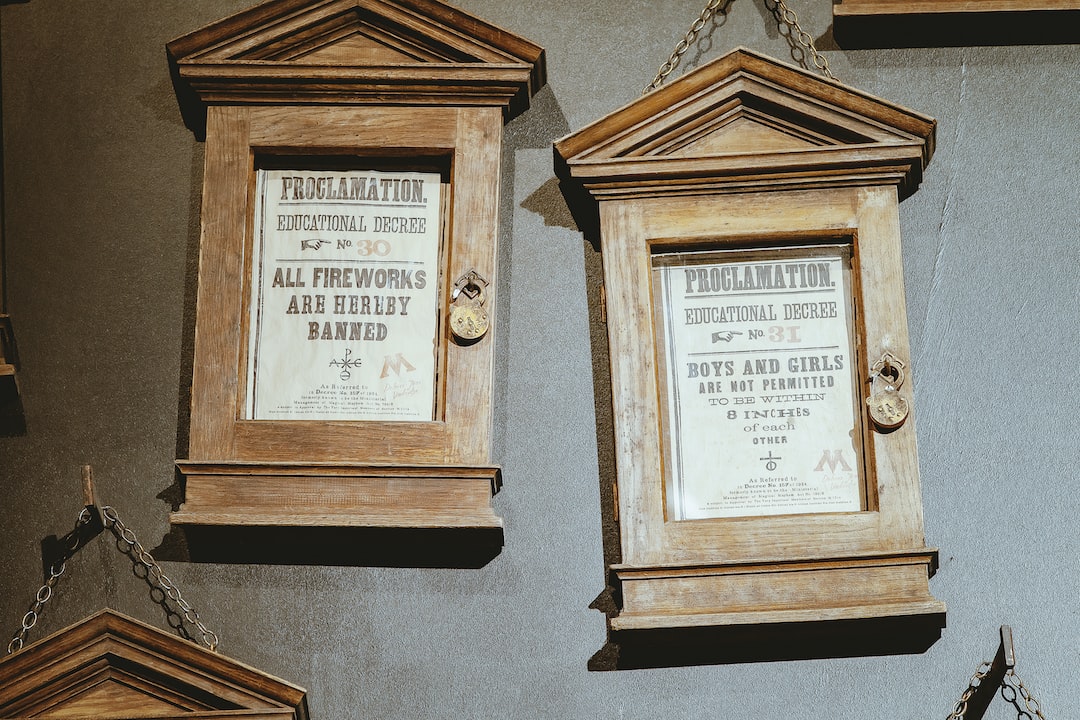The Role of International Law in Global Conflicts and Diplomacy
Global conflicts and diplomacy have been omnipresent in human history, as nations and groups navigate the complexities of international relations. In this intricate web of interactions, international law plays a crucial role in shaping and resolving conflicts, ensuring peaceful coexistence and promoting diplomacy. Let us delve into the significance of international law in addressing global conflicts and facilitating diplomatic relations.
International law provides a framework of rules and norms that govern the behavior of nations in their interactions with one another. These laws are designed to establish stability and regulate the conduct of states to prevent wars, protect human rights, and facilitate peaceful dispute resolution. The United Nations, with its Charter serving as a foundation, plays a key role in codifying and promoting international law.
One of the primary functions of international law is to prevent conflicts between nations. It does this by outlining the acceptable behaviors and limits of states, such as respecting territorial boundaries and refraining from the use of force, except in cases of self-defense. These laws provide a deterrent effect, dissuading states from engaging in aggressive actions that could spiral into global conflicts.
International law also plays a critical role in diplomacy. Diplomatic relations involve negotiations, treaties, and agreements between nations to establish and maintain peaceful and cooperative interactions. International law acts as a guide in these negotiations, providing a common legal framework on which agreements can be built. It helps facilitate cooperation in areas such as trade, environmental protection, and human rights, among others. Treaties and conventions enable nations to work together towards common goals, fostering trust and fostering peaceful relations.
Moreover, international law provides a mechanism for the peaceful resolution of disputes through international courts and tribunals. Institutions like the International Court of Justice and the International Criminal Court serve as avenues for nations to address conflicts by adjudicating disputes and holding individuals accountable for crimes committed during conflicts. In doing so, international law offers a peaceful alternative to armed conflicts, promoting justice and accountability.
However, it is important to recognize that international law is not without its challenges. The lack of enforcement mechanisms can undermine its effectiveness, as states may choose to disregard their obligations or interpret the law in ways that suit their interests. Additionally, the absence of universal participation in international treaties and conventions lessens their impact on global conflicts and diplomacy.
In conclusion, international law plays a vital role in global conflicts and diplomacy, aiming to prevent conflicts, establish peaceful relations, and resolve disputes through legal channels. By promoting a rule-based international order, it endeavors to ensure stability, protect human rights, and foster cooperation among nations. Although it faces challenges and limitations, international law remains an indispensable tool in the pursuit of a peaceful and harmonious world.

